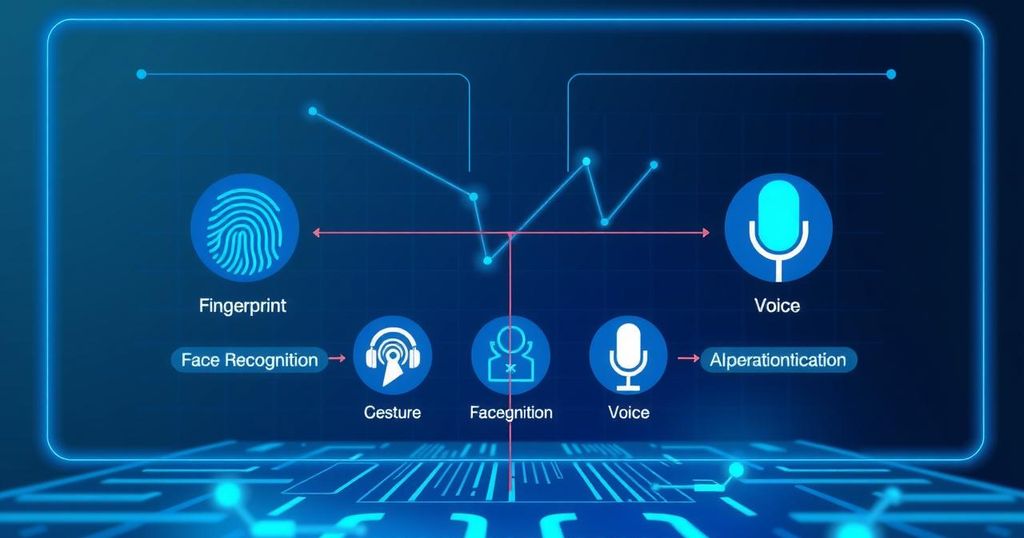Biometrics is critical for future identity management, enabling potential digital passports and seamless travel experiences. Veridos’ CEO Marc-Julian Siewert discusses the role of biometric technology in automating identity verification and the importance of interoperability in global digital ID systems. Future success depends on trust and the establishment of global standards.
Biometrics is emerging as a pivotal component in the evolution of identity management systems. Marc-Julian Siewert, CEO of Veridos, emphasizes the potential of digital documents and biometric processes in transforming travel experiences. While the goal of eliminating physical travel documents remains ambitious, advances in digital technology are already enabling travelers to store and transfer essential data via smartphones. Current tools like the VeriGO MobileTravel Assist app leverage NFC technology to simplify this process, allowing users to access their data securely.
The integration of biometric technology is key to facilitating seamless travel. Identification processes are becoming increasingly automated, particularly at airports. Siewert points to projects like D4FLY, promoting innovations such as Biometric Corridors which verify identities in real time with methods including 3D face recognition and iris verification. These advancements aim to improve security through AI-assisted biometric analysis.
Interoperability of digital identification documents across countries is seen as a critical aspiration for the future. Siewert highlights that once systems are standardized globally, travelers will experience fewer bureaucratic hurdles, allowing smoother transitions when applying for residence permits or passports. Initiatives like the EU’s eIDAS aim to establish a framework for recognizing digital IDs across member states, paving the way for uniform acceptance by 2026.
The successful widespread adoption of biometrics hinges on establishing global standards and building public trust. Siewert advocates patience, drawing parallels to the gradual acceptance of contactless payment systems. With ongoing efforts to enhance security and digital connectivity, Veridos aims to improve accessibility to biometric solutions and foster a safer, more seamless travel environment.
The article addresses the integration of biometric technology in the management of digital identities, especially in the context of travel. It discusses the potential move towards digital passports and the role of biometric verification in enhancing security and efficiency during travel. This transformation is linked to broader initiatives aimed at standardizing digital documents across countries, thereby reducing bureaucratic barriers and improving user experiences in international travel.
In conclusion, biometrics represents a vital advancement in identity management systems, poised to transform travel experiences by facilitating automated and secure verification. While the complete transition to digital travel documents is still in progress, tools and frameworks are emerging that promise to enhance operational efficiency and interoperability across borders. Future developments will depend on global standardization and public acceptance, critical for realizing the full potential of biometric technology in seamless travel.
Original Source: www.biometricupdate.com





